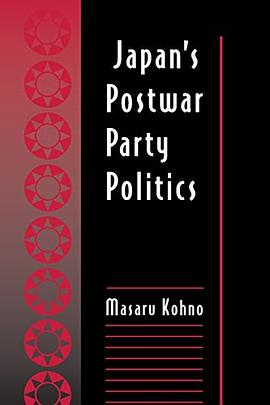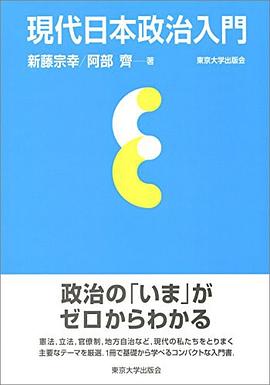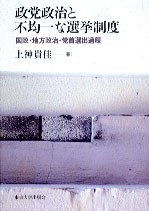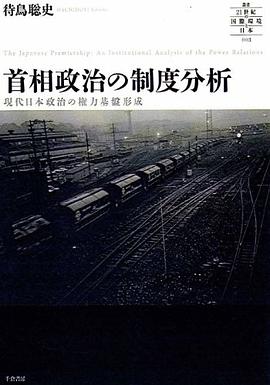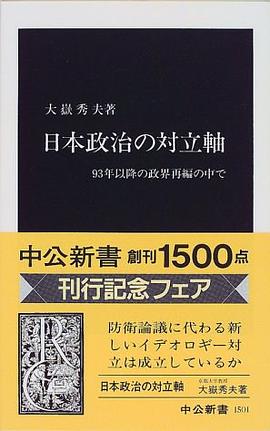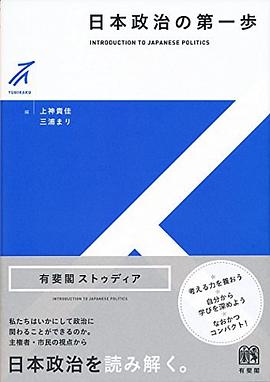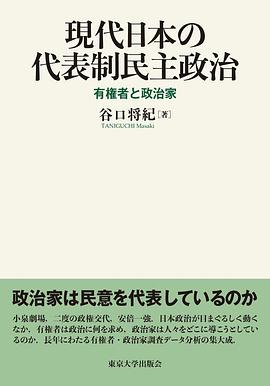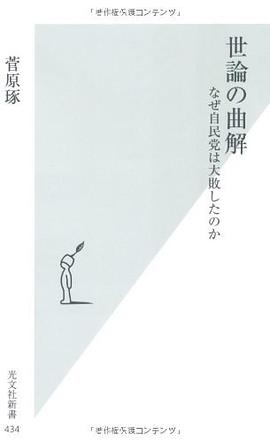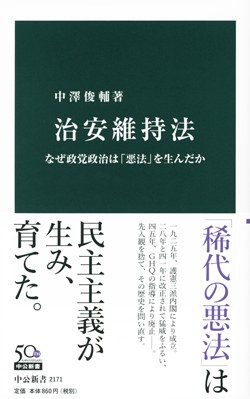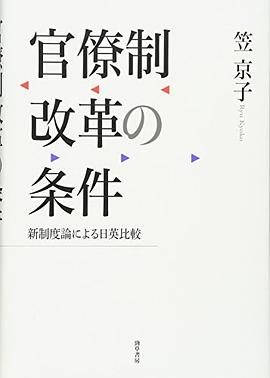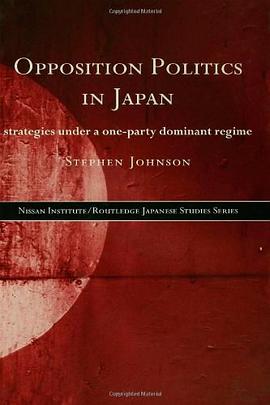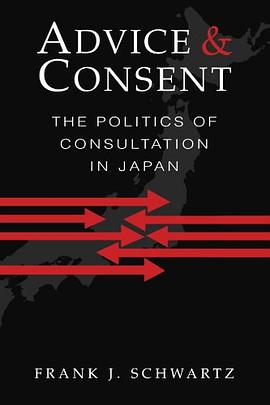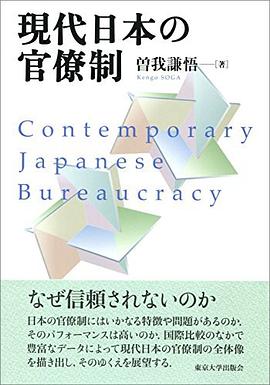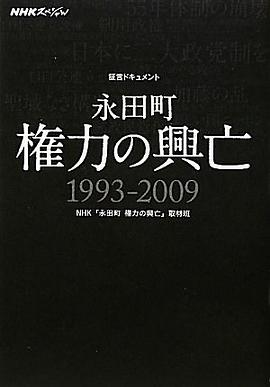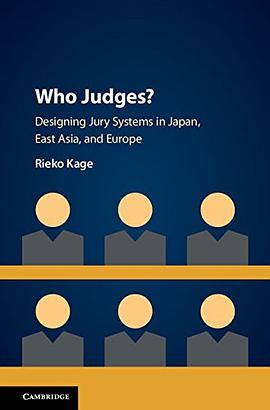

具体描述
The delivery of justice is a core function of the modern state. The recent introduction of jury/lay judge systems for criminal trials in Japan, South Korea, Spain, and perhaps soon Taiwan represents a potentially major reform of this core function, shifting decision making authority from professional judges to ordinary citizens. But the four countries chose to empower their citizens to markedly different degrees. Why? Who Judges? is the first book to offer a systematic account for why different countries design their new jury/lay judge systems in very different ways. Drawing on detailed theoretical analysis, original case studies, and content analysis of fifty years of Japanese parliamentary debates, the book reveals that the relative power of 'new left'-oriented political parties explains the different magnitudes of reform in the four countries. Rieko Kage's vital new study opens up an exciting new area of research for comparative politics and socio-legal studies.
作者简介
Rieko Kage is Associate Professor of Political Science at the University of Tokyo. She is the author of Civic Engagement in Postwar Japan: The Revival of a Defeated Society (Cambridge, 2011), which received the Jury's Prize from the Japan Nonprofit Organizations Research Association and Honorable Mention for Outstanding Book in Nonprofit and Voluntary Action Research from the Association for Research on Nonprofit Organizations and Voluntary Action. She received her LL.B. and LL.M. in Law from Kyoto University, Japan and her Ph.D. in Government from Harvard University, Massachusetts.
目录信息
2. Theoretical framework: participation and partisan politics;
3. The distribution of cases;
4. The history of the lay judge system debate in Japan up to 1996;
5. Bringing the lay judge system back in, 1997–2004;
6. Setting the agenda: new left-oriented parties and deliberations in the Japanese parliament;
7. Proposals for lay participation in the Republic of China;
8. Introducing jury systems in South Korea and Spain;
9. The impact of new lay judge systems;
10. Conclusions.
· · · · · · (收起)
读后感
评分
评分
评分
评分
用户评价
相关图书
本站所有内容均为互联网搜索引擎提供的公开搜索信息,本站不存储任何数据与内容,任何内容与数据均与本站无关,如有需要请联系相关搜索引擎包括但不限于百度,google,bing,sogou 等
© 2025 book.quotespace.org All Rights Reserved. 小美书屋 版权所有

